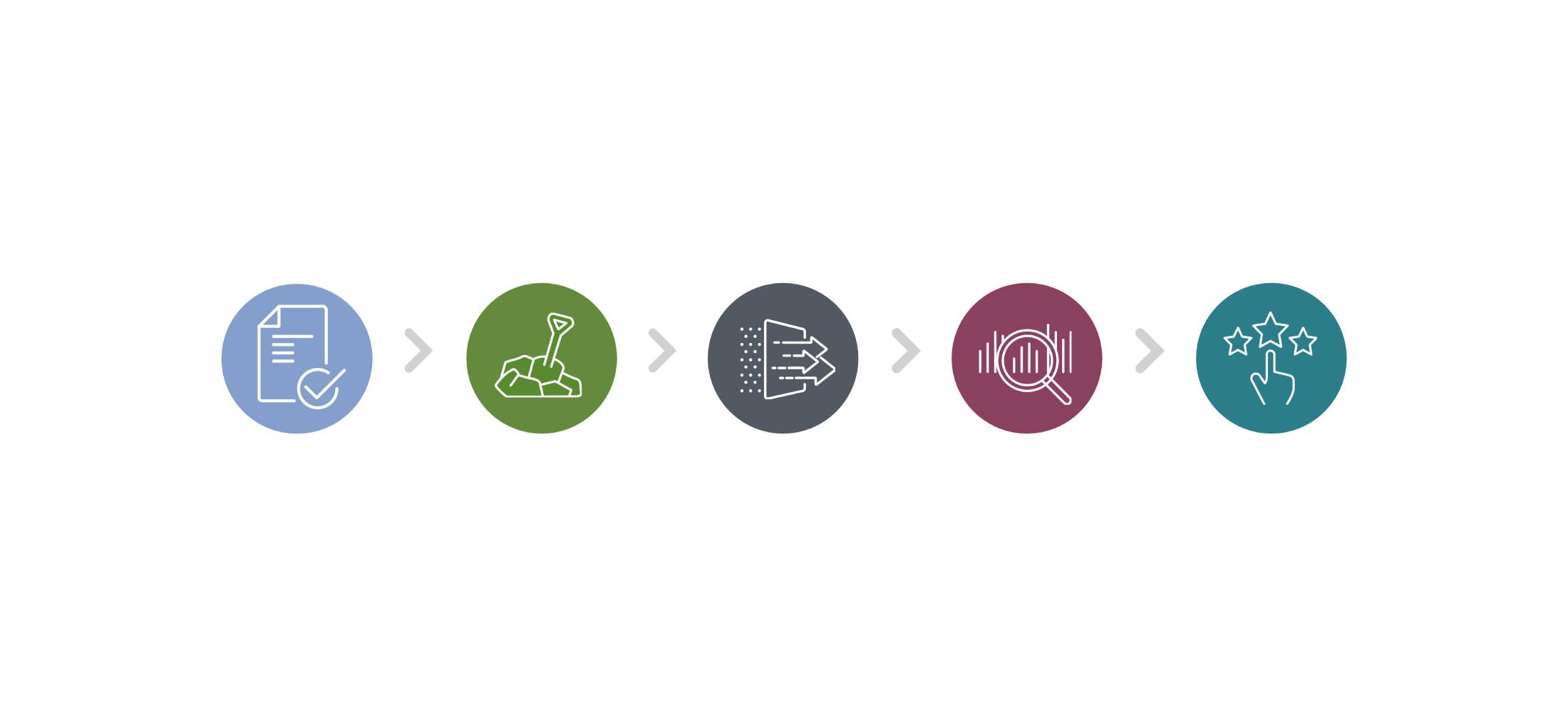A feasibility study of the Infinibook™
“Is my child becoming an ‘iPad kid’?”
As the debate over technology’s role in early childhood learning intensifies, it’s not just parents who have this worry—many families and educators both share concerns about excessive screen time and its negative impacts on young minds.
Early in my career, before I had my kids, one of my mentors once said one of the wisest things I will always remember: “Technology is a tool; it’s not bad when used for the right purpose.” My mentor then went on to explain how we make lists to help us remember things, or use a watch so we are not late. These are all types of tools we use to make our lives better. Technology and developmentally appropriate learning doesn’t have to be an either/or question.
Tech is here to stay. Rather than try to remove it from homes or classrooms, researchers and developers should work together to develop tools and content that scaffold and enable learning in developmentally appropriate ways.
Tech and Literacy
Innovators have been exploring ways to bridge the gap between physical and digital learning methods, aiming to harness the benefits of both without the drawbacks of screens. The Infinibook™, created by Cali’s Books, is one such device. The Marzano Research team was hired to study how the Infinibook™ could help engage young children in reading and learning, perhaps offering a middle ground in the ongoing screen time debate.
The Infinibook™
As a learning tool for kindergarten-aged children, the Infinibook™ integrates screenless tech into a traditional book format. Consisting of a cover that houses interchangeable book inserts, it features embedded electronics that play narration when buttons are pressed. The software recognizes which book is inserted and provides an interactive experience tailored to that specific content, including learning games at the end.


Study reveals potential for screenless learning tech
Given our small, agile team structure, Marzano Research was well-positioned to efficiently design and conduct this initial yet rigorous feasibility study of the Infinibook™. Our research yielded preliminary findings suggesting that this interactive reading platform may provide some advantages over both traditional books and tablet-based reading apps for young children.
Early childhood care and education research experts Carrie Germeroth, PhD, and Sydney Mock, MA, led the study to assess key factors like ease of use, child engagement, impacts on literacy skills, and effects on parent-child interactions.
They devised a mixed-methods study comparing the Infinibook™ to a tablet-based interactive storybook app. The design incorporated surveys, platform usage data analysis, and qualitative feedback.
Twenty-one kindergarten students and their parents were recruited, with 11 assigned to try out the Infinibook™ and 10 to use a comparable tablet app over a two-week period. Three kindergarten educators were also engaged to provide input on possible classroom applications.
Results
Higher Engagement and Usage
Notably, the data showed the Infinibook™ group used the Infinibook™ more than twice as often as the tablet group used the tablet-based app. Infinibook™ parents were also more likely to notice positive changes in their child’s enthusiasm for reading.
Classroom Applications
Although not the primary focus of this research phase, including educator perspectives shed some light on classroom applications for the Infinibook™. All three participating educators indicated they would recommend the Infinibook™ to colleagues and saw its potential to improve students’ reading comprehension with regular use.
Blending Physical and Digital Learning
This Infinibook™ report provides a glimpse into the future of ed tech for young learners. While further research is needed, this pilot study demonstrates that young children do engage readily with the Infinibook™ format.
At the end of the day, any educational tool should be developmentally appropriate and used for a purpose—not automatically chosen for convenience if it doesn’t work better than other options. Should these promising findings bear out in more extensive studies, this blend of book and tech could be an exciting new tool in the crucial mission of fostering early literacy and a love of reading.
Academic rigor meets practical application
Whether you’re a startup with a novel educational concept, a company looking to validate a new product, a curriculum developer, or a school district considering a technology adoption, the Marzano Research team can design a study tailored to your specific needs and questions.
Driven by technological innovations and shifting pedagogical approaches, the need for high-quality, actionable research continues to grow. This Infinibook™ study demonstrates how such research can not only evaluate a specific product but also contribute to broader conversations about the future of learning. By combining academic rigor with practical recommendations and applications, Marzano Research is helping shape that future—ensuring that educational innovations are thoroughly tested, thoughtfully refined, and strategically implemented to truly benefit learners.
This blog was written to present results of a research study of the Infinibook™ and does not represent an endorsement of the product.
Sources
Clark, C. (2007). Why it is important to involve parents in their children’s literacy development (ED496346). ERIC. https://files.eric.ed.gov/fulltext/ED496346.pdf
Eric, O. The negative effects of new screens on the cognitive functions of young children require new recommendations. Ital J Pediatr 47, 223 (2021). https://doi.org/10.1186/s13052-021-01174-6
Germeroth, C., & Mock, S. (2024). Infinibook: SBIR Phase I Research Report. Marzano Research.




